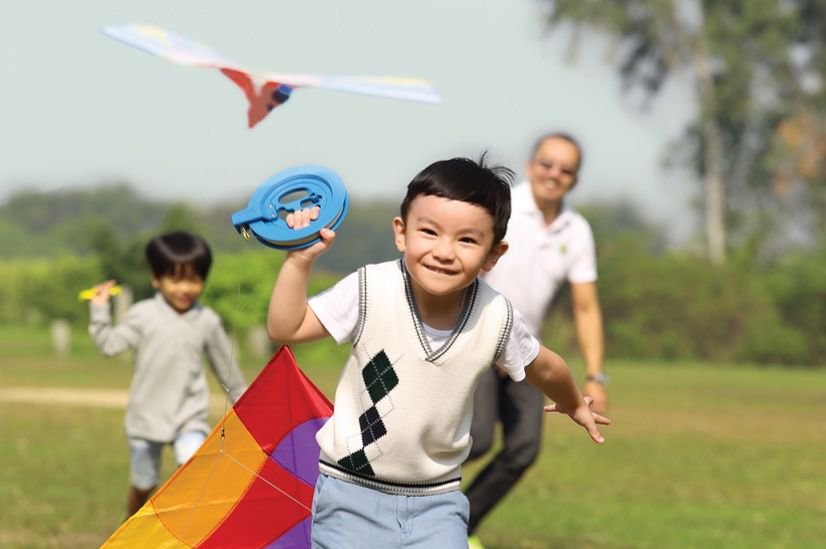From a young age, many children are signed up for tuition classes to score better in examinations they sit for and are pushed to develop extracurricular skills, such as coding, music or sports, that will look impressive to their next education institution and eventually on their resumes.
Often, parents do this in a bid to "keep up with the Tans" next door. While encouraging your children to be the best version of themselves can set them up for success, there's no denying that children in Singapore are placed in highly stressful situations on a daily basis.
Successful learning often requires children to have both a healthy mind and body. This can affect their ability to focus and learn, as well as have a big impact on their attitude towards learning.
To ensure you do not neglect this aspect of your child's development, here are five things you can do to help your child upkeep a healthy mind and body.
